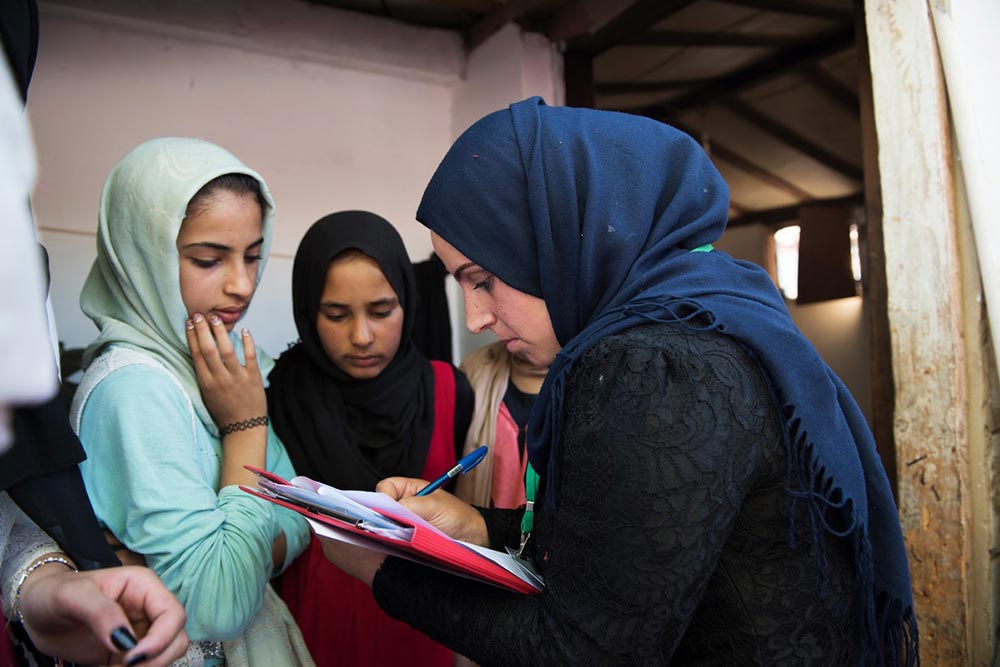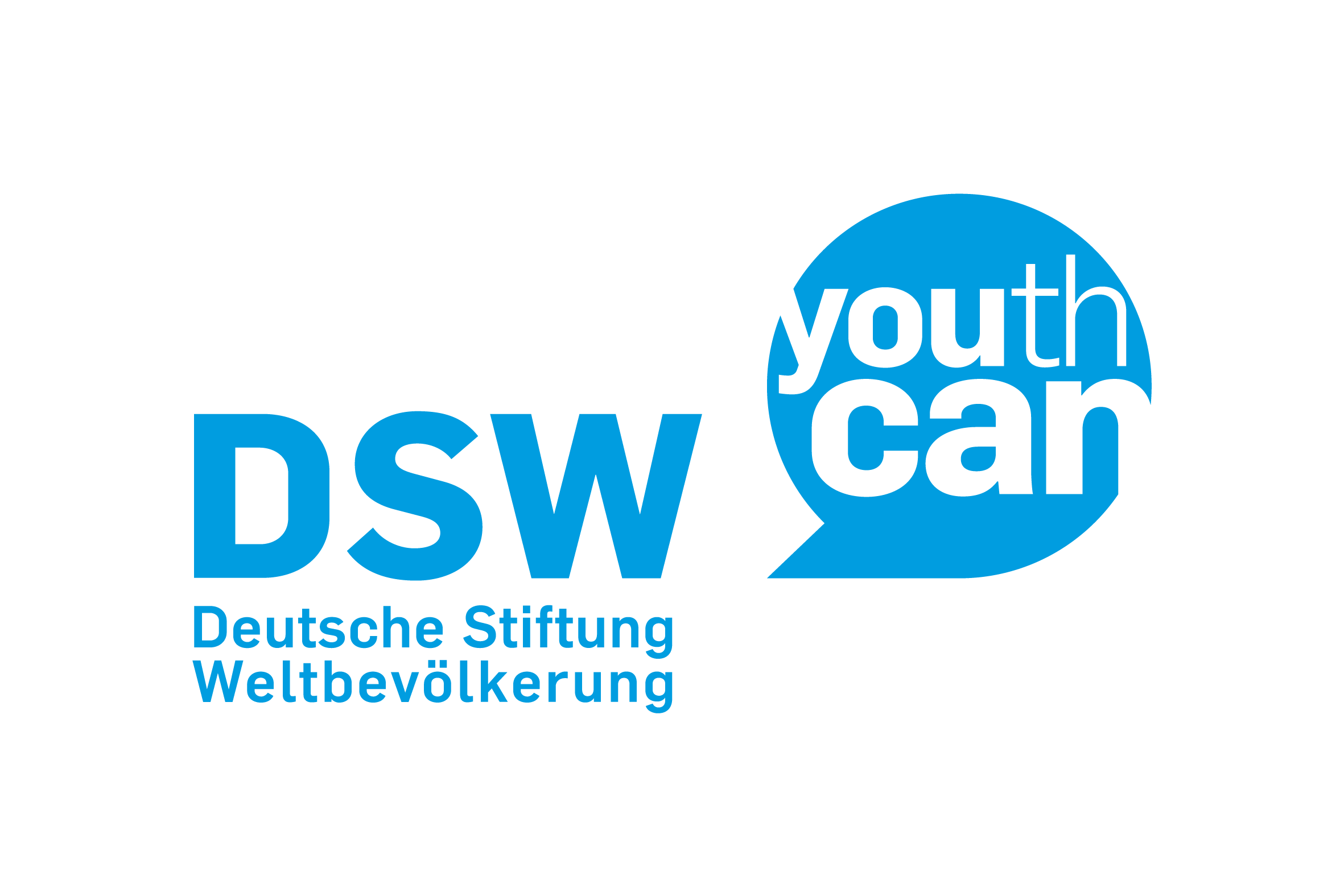Country Profiles
Germany
Federal elections in 2021 confirmed a new government led by Social Democrat Olaf Scholz, and composed of seven ministers from the Social Democrats (SPD), five Greens and four Free Democrats (FDP). Social Democrat Svenja Schulze took over the leadership of the BMZ. The three-party coalition agreement mentions for the first-time support to SRHR of women and girls in development cooperation. When taking over the leadership of BMZ, Minister Schulze announced that she would pursue a feminist development policy. The strategy for this is expected to be published in the first quarter of 2023. Moreover, Germany is developing a new strategy for BMZ’s core theme of Health, Social Protection and Population Policy, and is assessing the possibility of strengthening BMZ’s Family Planning Initiative.
Policies & funding
Total funding for sexual and reproductive health and family planning (SRH/FP) from Germany in 2021 was 96 million Euros, decreasing from over 113 million in 2020. The disbursement still represents an increase of 33% compared to pre-COVID-19 levels. This included a decrease in core funding for UNFPA (from 70 million, partially coming from supplementary budget to tackle the secondary effects of COVID, down to 40 million Euros), and a decrease for UNFPA Supplies Partnership (from 2 million to 750 thousand Euros). Meanwhile, the contribution to IPPF (15 million Euros) remains steady in 2020 and 2021. If funding to HIV prevention and control is considered, Germany spent in total around 490 million Euros in 2021 and 500 million in 2020 to the Global Fund to Fight Aids, Tuberculosis and Malaria (GFATM). On the other hand, Germany sustained support to the broader SRHR agenda, for which the country disbursed almost 341 million Euros in total (-2%). Funding for SRH/FP is expected to increase again in 2022, targeting several organizations: UNFPA (57 million Euros), UNFPA supplies (more than 2 million Euros) and IPPF (17 million Euros). This development is linked to the new feminist development policy, which reinforces SRHR is on the BMZ agenda.
Total funding for sexual and reproductive health and family planning (SRH/FP) from Germany in 2021 was 96 million Euros, decreasing from over 113 million in 2020. The disbursement still represents an increase of 33% compared to pre-COVID-19 levels. This included a decrease in core funding for UNFPA (from 70 million, partially coming from supplementary budget to tackle the secondary effects of COVID, down to 40 million Euros), and a decrease for UNFPA Supplies Partnership (from 2 million to 750 thousand Euros). Meanwhile, the contribution to IPPF (15 million Euros) remains steady in 2020 and 2021. If funding to HIV prevention and control is considered, Germany spent in total around 490 million Euros in 2021 and 500 million in 2020 to the Global Fund to Fight Aids, Tuberculosis and Malaria (GFATM). On the other hand, Germany sustained support to the broader SRHR agenda, for which the country disbursed almost 341 million Euros in total (-2%). Funding for SRH/FP is expected to increase again in 2022, targeting several organizations: UNFPA (57 million Euros), UNFPA supplies (more than 2 million Euros) and IPPF (17 million Euros). This development is linked to the new feminist development policy, which reinforces SRHR is on the BMZ agenda.Germany made its last international financial commitment to SRH/FP in 2021, during the Generation Equality Forum, where the government pledged its financial support to UNFPA and IPPF for 2021 – amounts that were included in the 2021 budget passed in late 2020. At the Nairobi Summit in 2019, the German government pledged 100 million Euros annually in bilateral funding for the BMZ Initiative on Rights-based Family Planning and Maternal Health until 2023. The initiative has three thematic goals: (1) improving knowledge on and acceptance of modern family planning methods; (2) expanding access to modern family planning methods and services; and (3) increasing the number of births attended by health professionals.
These funds are however not accounted for in the above-mentioned findings of financial spending in 2021, as data is not available at the time of writing. Should government-to-government contributions be considered for 2020 only, German disbursements to SRH/FP would have more than doubled that year.
Under the new BMZ leadership, the BMZ 2030 reform process pursued by the previous government is being revised. The area of “Population Policy and Sexual and Reproductive Health and Rights” has been anchored as a field of action in the BMZ’s core theme of Health, Social Protection and Population Policy. A new strategy on this is still being developed and is to be published in 2023.

Internationally vocal
Germany has become a reliable supporter of SRH/FP and SRHR for all in the international arena. During the Nairobi Summit in 2019, Germany further demonstrated its political and financial commitment to realising SRHR of all. As part of the 25th anniversary commemoration of the Beijing Declaration and Platform for Action in 2020 and within the framework of the Generation Equality Forum, Germany co-led the Global Action Coalition on Economic Justice and Rights. This is a five-year commitment to contribute to accelerated progress on gender equality. Germany is also actively engaging on SRHR at the EU level: in 2021, Germany joined the Team Europe Initiative focusing on SRHR in sub-Saharan Africa. During its G7 presidency in 2022, Germany together with its G7 partners reaffirmed their commitment to achieve comprehensive SRHR for all and recognized the essential and transformative role of SRHR in gender equality.

Key documents
- Country factsheet 2021-2022-Germany.pdf
- BMZ 2030 Reform Process (2020)
- Here you can find Germany’s commitments during the Nairobi Summit (2019)
- Here you can find more information on Germany’s policies, programmes and projects in the health sector.
- Handbook on Population Dynamics in German Development Cooperation (2018, in German)
- Progress Update on the BMZ Initiative on Rights-based Family Planning and Maternal Health (2016)
- Sexuelle und reproductive Gesundheit und Rechte stärken


